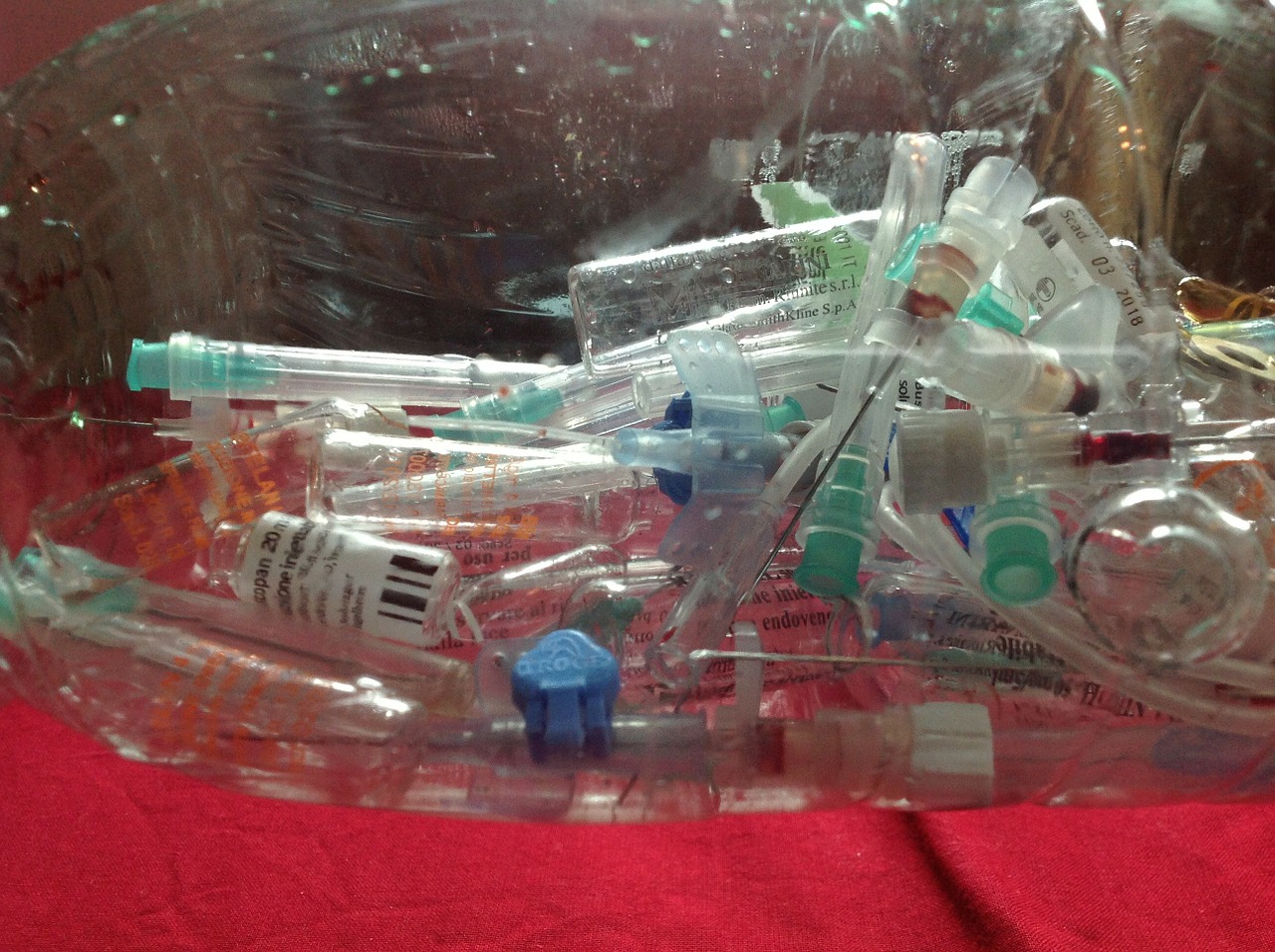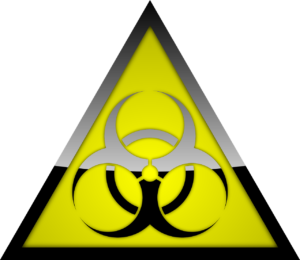Medical Waste Overview
WHO estimates that 85% of the total waste generated by health institutions is non-hazardous. However, when poorly managed, the remaining 15% of medical waste is a significant health hazard to doctors, patients, and waste handlers. Besides exposure to toxins, injury or infection, unregulated disposal of medical waste also pollutes the environment.
Types of Healthcare Waste
Medical waste can be classified into four main types:
- General waste – this includes plastics, papers, and any other material as would be wasted in any other office or household.
- Infectious waste – which includes body tissues either human or animal, swabs, used surgical gloves, blood-soaked bandages, or any other waste that could infect another person. Human and animal tissues are also known as pathological waste.
- Hazardous waste – such include sharp objects that could lacerate the skin, such as, needles and syringes, scalpels, culture dishes, and other medical instruments.
- Radioactive waste – radioactive waste results from nuclear medicine and medical equipment that make use of radioactive isotopes to treat, such as chemotherapy machines. Human tissues tainted with any radioactive material also falls in this category.
Medical Waste Management Best Practices
Below are three foundational medical waste management practices you can implement;
1. Start by determining the type of waste your facility is producing: Based on the above criteria, determine the type of waste your facility is producing and which medical waste disposal method is safe and compliant with OSHA regulations.
2. Separate the waste
Determine the types of waste that can be disposed together and which will require isolated treatment. For example, sharp objects require to be disposed of in special containers, while some radioactive waste such as chemotherapy traces require special permits before disposal. Further, ensure you label the waste properly based on type and generation time frame.
Finally, it is vital to acquaint yourself with medical waste management regulations. These are available from various regulatory bodies which include EPA, DOT, DEA, and OSHA.
3. Engage a qualified medical waste management service provider
An experienced service provider will guarantee safer waste disposal. A proper medical waste management partner should help contribute to increasing the efficiency of your healthcare facility while following all waste management regulations pertinent to your practice and geography. MedWaste Services has an advantage as a medical waste management partner because we deliver ideal medical waste management solutions which typically deliver increased efficiencies for our clients. We also have the advantage of offering a full suite of services including but not limited to: gold-standard healthcare waste disposal, biohazardous materials, and secure patient document shredding service to guarantee their privacy.
Whether you are a small clinic, nursing home, or an established healthcare facility, we can help you manage your waste better. Contact us today at 833 633 7283 and let’s discuss some ideal medical waste management solutions for your facility.


